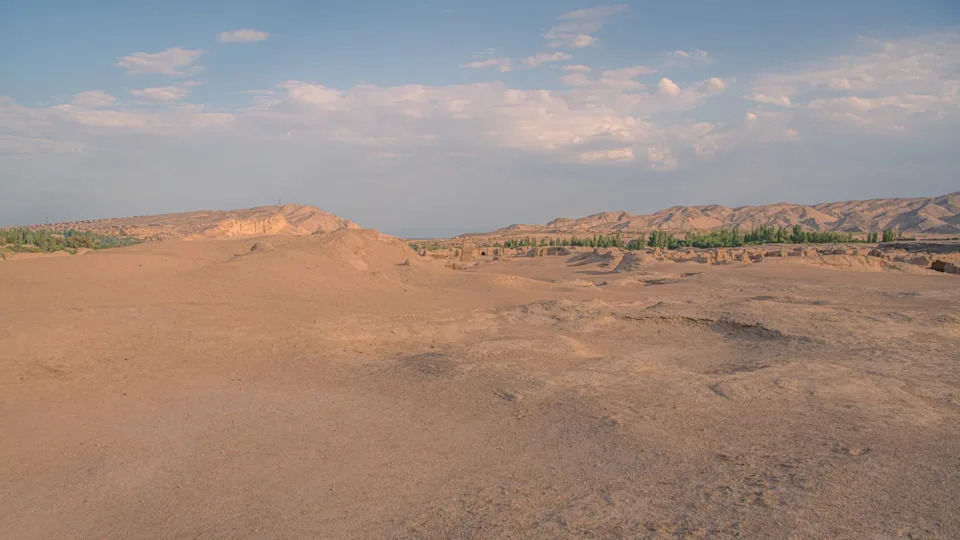It takes a lot of time and effort, but ecosystems can be transformed significantly. You just have to think outside the box and be patient.
This has been the case in Awati County in northwest China’s Xinjiang Uyghur Autonomous Region over the last five years.
As Bastille Post Global noted, it was formerly a largely arid region that suffered from desertification. However, local officials and scientists have been able to turn it into a thriving wetland filled with life and color.
It has been a sustained effort, one that required genuine innovation on the part of the government and researchers. They developed a comprehensive strategy that featured urban wastewater recycling, widespread use of drip irrigation, and large-scale forest planting.
All told, since 2020, 52,500 hectares of land have been rehabilitated, with forest coverage increasing from just 4.5% to 45%. The region has become home to a diverse array of vegetation, attracting flocks of migratory birds and housing over 200 species of wild animals.
Again, though, none of this transformation can be taken for granted when thinking about lessons to learn from this project.
Just hoping for these ecological changes to take place naturally or through minimal investment will not produce similar results. It will take all hands on deck, sharing the same goal and committing fully to environmental transformation.
With this in mind, there have been some encouraging examples of investment in similar ecosystem-wide changes of late.
For example, the conservation group Ducks Unlimited received a $2.5 million donation to “help restore wetlands, improve wildlife habitats, create natural buffers, and protect vulnerable areas from storms and flooding” throughout its Southern U.S. base of operations.
Similarly, a spate of changed laws and land ownership has enabled major ecosystemic upheaval in a geographically unique and sensitive area of Ecuador.
|
Should the government continue to give tax incentives for energy-efficient home upgrades? Click your choice to see results and speak your mind. |
There’s still plenty of time to combat the harmful effects of a changing climate, and by no means are we beyond a point of no return.
But it’s not going to happen magically, either. If your local ecosystem is suffering, call your representatives and urge them to consider investing in a project to save or revitalize the area.
Join our free newsletter for good news and useful tips, and don’t miss this cool list of easy ways to help yourself while helping the planet.
Yahoo News – Latest News & Headlines
Read the full article .


